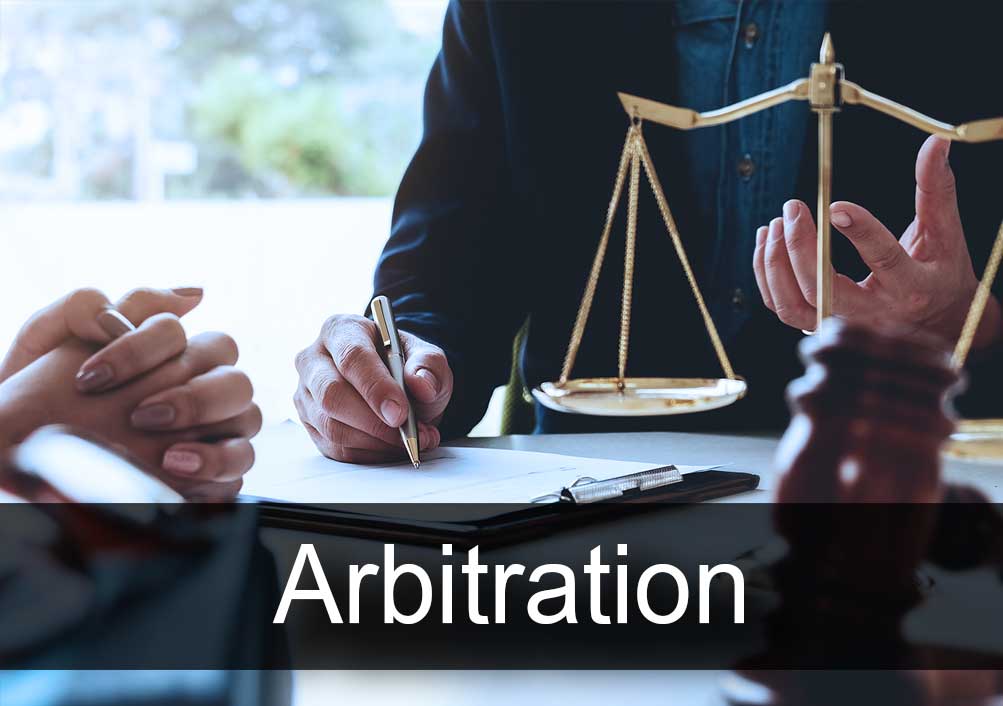In ARB.P. 829/2022-DEL HC- In accordance with Doctrine of Severability, arbitration agreement is deemed to be separate and severable clause which survives even if contract comes to end: Delhi HC
Justice Mini Pushkarna [23-11-2022]

Read Order :PVR LIMITED v. IMPERIA WISHFIELD PRIVATE LIMITED
Mansimran Kaur
New Delhi, November 24, 2022:The Delhi High Court has reiterated the settled position of law that the issue whether the rights of the parties under an agreement are being superseded by a subsequent agreement or not, is itself an arbitrable issue which can be examined by the Arbitrator.
A Single-Judge Bench of Justice Mini Pushkarna allowed the present petition preferred by the petitioner under Section 11(6) of the Arbitration and Conciliation Act, 1996 seeking appointment of an arbitrator for adjudication of the disputes that have arisen between the petitioner and the respondent.
The Single Judge bench was of the view that even after execution of the Release Deed any dispute arising out of the MOU and Agreement to Lease can be referred to arbitration, as the Arbitration Agreement contained in Clause 7(y) of the MOU and Clause 14 of the Agreement to Lease, will survive even if the contract comes to an end.
The Petitioner herein was engaged in the business of building, managing, running and operating multiplex theatres across the country, under various brand names such as ‘PVR’, ‘PVR Premier’, ‘PVR Gold Class’. Respondent is engaged in the business of real estate and development.
A Memorandum Of Understanding was executed between the parties for entering into an arrangement for operating a multiplex. Rs 27,50,000 was to be given within 15 days of signing of the MOU which was duly paid by the petitioner to the respondent on the execution of the MOU towards security deposit.
It was the case of the petitioner that after entering into the aforesaid MOU and the Agreement to Lease, respondent failed to perform its part of the obligations as envisaged under the Agreement to Lease. Due to non-performance of obligations by the respondent, a ‘Mutual Recession and Release Deed’ (Release Deed) was executed and the MOU and the Agreement to Lease were brought to an end.
After hearing the submissions from both the sides, the Court noted that upon the failure of the respondent to repay the amounts towards the security deposit, the liabilities of the respondent under the MOU and the Agreement to Lease cannot be said to have been absolved.
In the present case, the respondent has not only failed to comply with its obligations under the MOU and Agreement to Lease, but also the Release Deed. Thus, even after execution of the Release Deed any dispute arising out of the MOU and Agreement to Lease can be referred to arbitration, as the Arbitration Agreement contained in Clause 7(y) of the MOU and Clause 14 of the Agreement to Lease, will survive even if the contract comes to an end.
“An arbitration clause relates to resolution of disputes between the parties and not performance of the contract. Therefore, in accordance with the Doctrine of Severability an arbitration agreement is deemed to be a separate and severable clause and the arbitration agreement survives even if the contract comes to an end”, the Court opined.
The Bench also placed reliance on the case of Sirajuddin Kasim and Another Vs. Paramount Investment Limited. It is no longer res integra that an Arbitral Tribunal is empowered and competent to rule on its own jurisdiction including the existence or validity of the arbitration agreement, on the Doctrine of “kompetenz-kompetenz”, also referred to as “competence-competence”, the Bench held.
It was further noted by the Court that in the present case, Clause 7(y) of the MOU and Clause 14 of the Agreement to Lease between the parties contained a valid arbitration agreement. The validity and existence of the arbitration clause was not disputed by the respondent.
Hence, considering the aforesaid discussion and bearing in mind the principles of law as laid down by the Supreme Court, the present petition was allowed and Sole Arbitrator was appointed to adjudicate the disputes between the parties.
Sign up for our weekly newsletter to stay up to date on our product, events featured blog, special offer and all of the exciting things that take place here at Legitquest.




Add a Comment